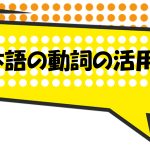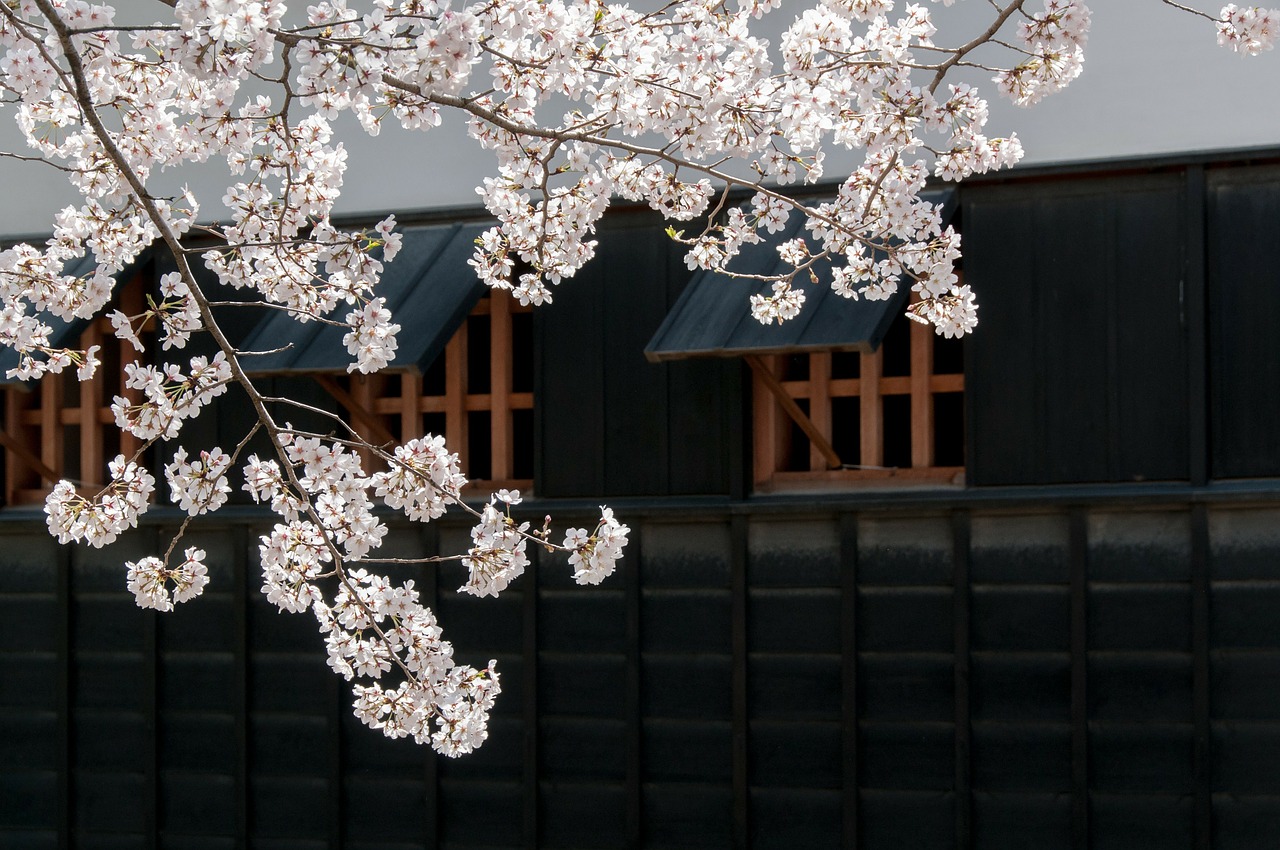
目次
What is the masu/ます & masen/ません ?
masu/ます and masen/ません are an auxiliary verb, which are used to show politeness in Japanese. Japanese people use them in the business scene or when they talk to strangers or people who seem older than they are.
The difference between them is that masu/ます is used In positive sentences and masen/ません is used in negative sentences.
How to use masu/ます & masen/ません in a sentence?
To master how to use masu/ます and masen/ません properly you should know for the first thing is that auxiliary verbs always come after a verb in Japanese.
For the second thing there are three different types of verb in Japanese. They are the u regular verb, the ru regular verb and irregular verb.
If you are not familiar with the types of verb and verb forms, click the below link.
https://jpgrammar.com/verbforms/
For the third thing you need to learn how masu/ます or masen/ません connect with the three different types of verbs.
Let's learn how to make a verb group using the masu/ます or masen/ません.
How to use masu/ます & masen/ません with verbs
The u regular verbs have five basic conjugations, which can be called the u form, the i form, the a form, the e form and the o form. The form of verbs ends with the sound u is called the u form and the same rule is applied to all verb forms.
Basically, the form of Japanese verbs has to be changed depending on the auxiliary verb that is placed immediately after the verb.
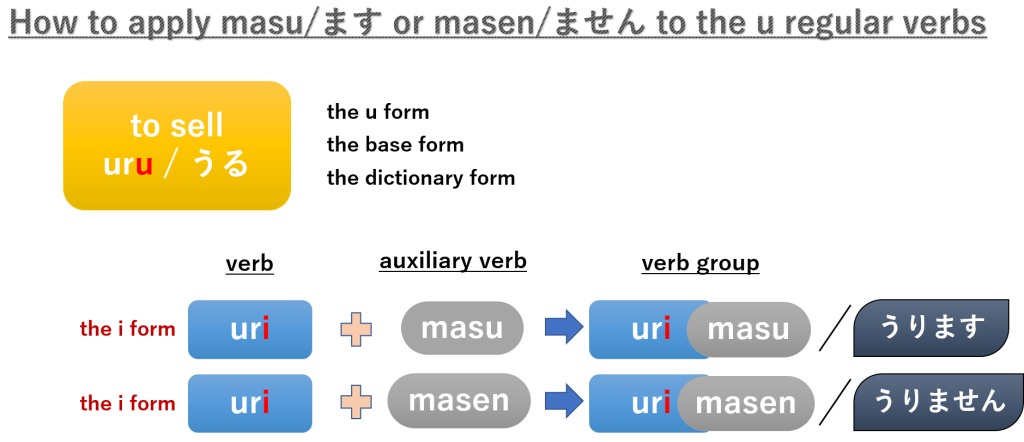
masu/ます and masen/ません follow the i form of the u regular verbs. Here masu/ます and masen/ません follow "uri/うり" which is the i form of the verb "uru/うる."

The ru regular verbs have the ru-dropping form instead of the i form and the a form of the u regular verbs. masu/ます or masen/ません follow the ru-dropping form of the ru regular verbs. Here masu/ます and masen/ません follow "mi/み" which is the ru-dropping form of the verb "miru/みる."
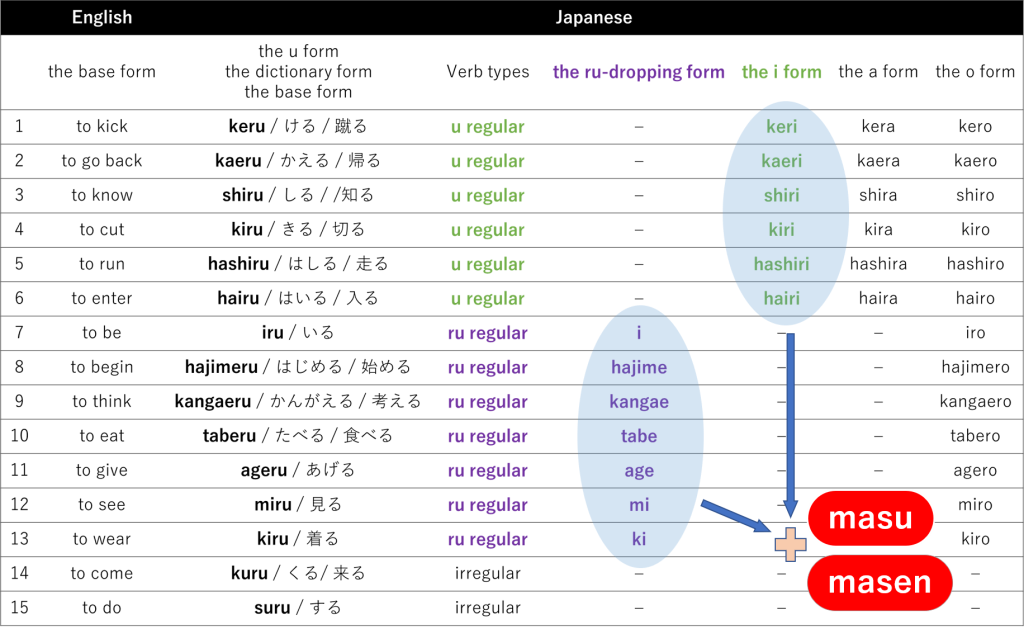
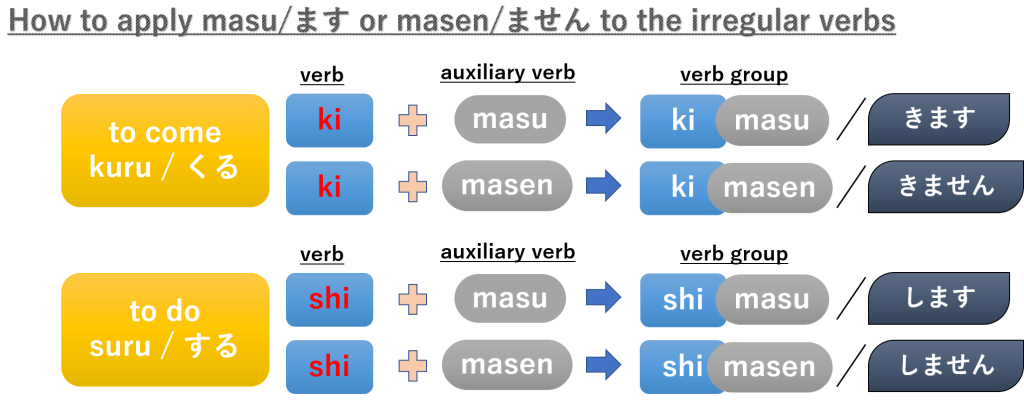
There are only two irregular verbs in Japanese and they are "kuru/くる" which means to come and "suru/する" which means to do. When masu/ます or masen/ません comes after the verb "kuru/くる", it becomes "ki/き." When masu/ます or masen/ません comes after the verb "suru/する", it becomes "shi/し."



